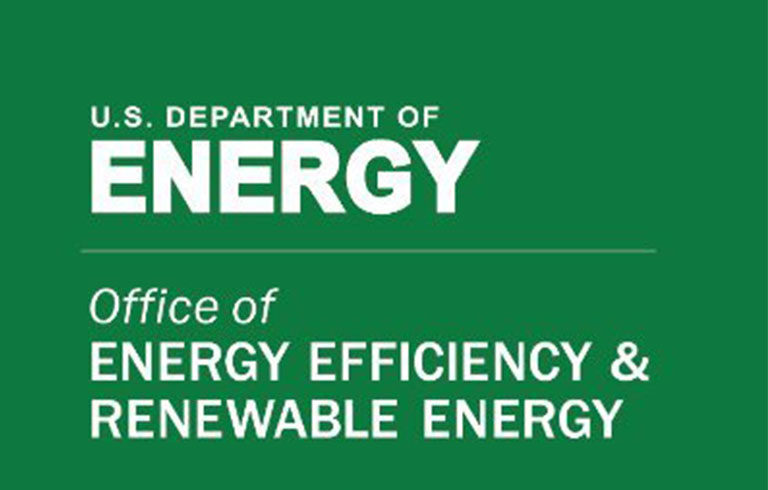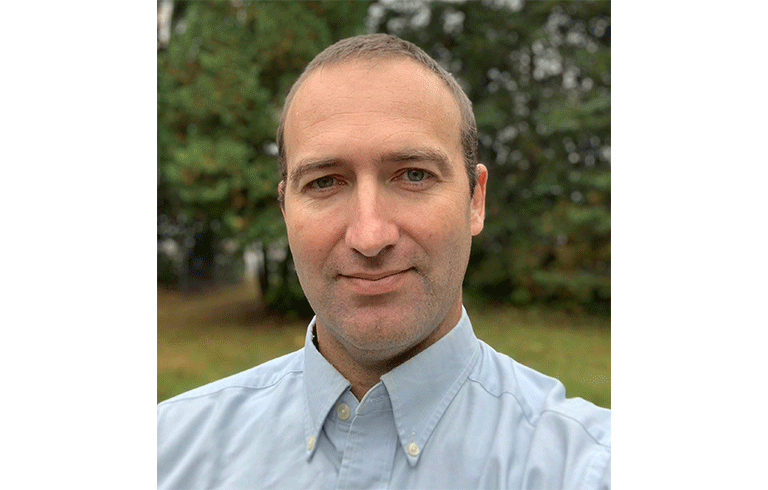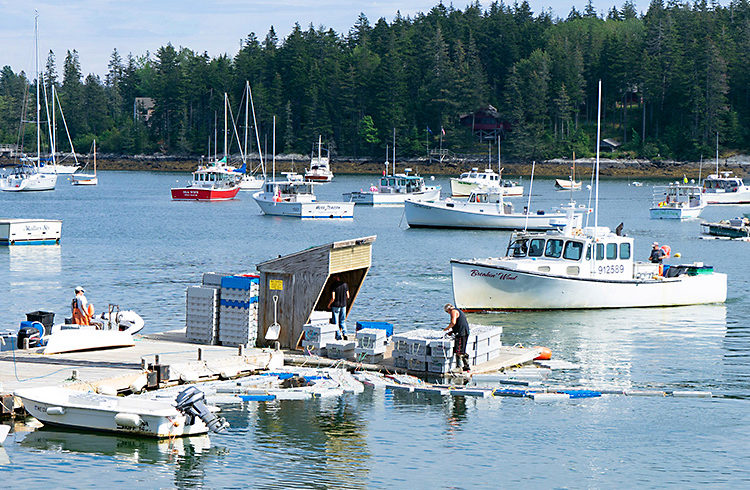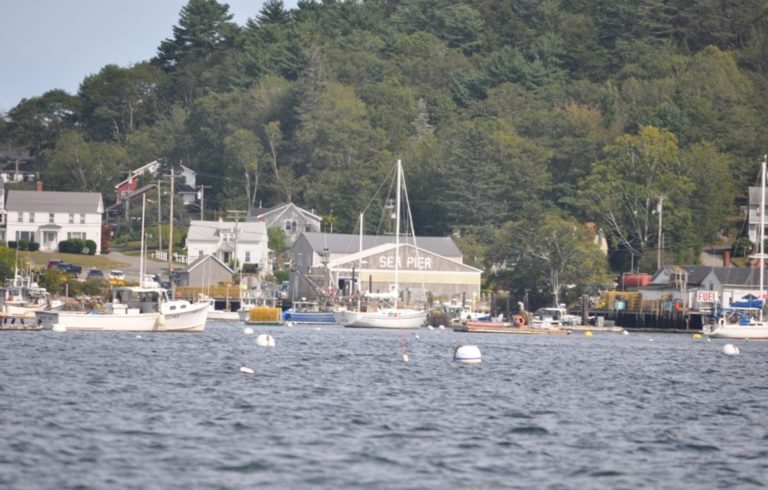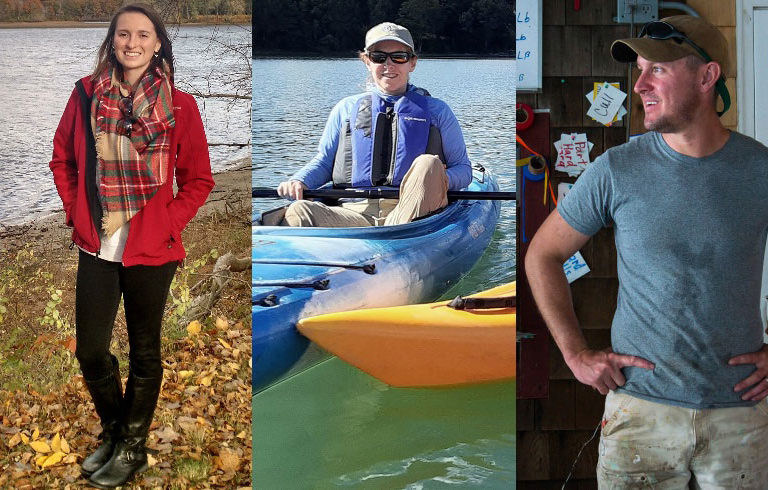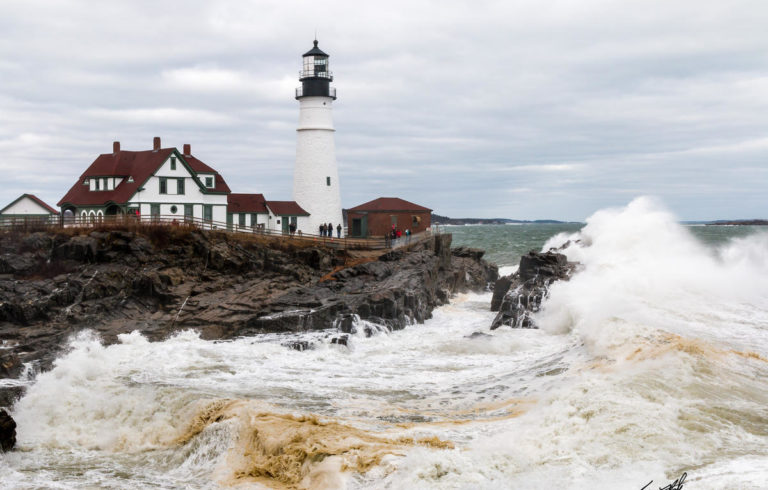October 25, 2020
Driving seemed inescapable until it wasn’t
Work commutes have declined during the pandemic, but Maine needs to log even fewer vehicle miles to meet the state's climate goals.
Ask experts about cutting vehicular emissions — the largest source of Maine’s greenhouse gas pollution — and you’re apt to hear how complex the task is. Finding ways to equitably transition from gas-powered to electric vehicles, develop a modernized grid and broadband network, and combat sprawl do demand a daunting confluence of innovative policies, technology and— yes — money. Yet there’s a low-tech, inexpensive route to lowering vehicular emissions that works instantaneously: Drive less. Shed miles, gain benefits Prior to the coronavirus pandemic, few people were willing to look at how far we could…
October 15, 2020
DOE launches partnership initiative to strengthen remote and islanded communities’ energy resilience
WASHINGTON, D.C. – Today, the U.S. Department of Energy (DOE) announced the Energy Transitions Initiative Partnership Program (ETIPP), a new partnership that will provide resources and access to on-the-ground support for remote and…
October 14, 2020
Protecting Main Street from climate impacts
As the evidence and costly impacts of climate change mount, the need to view climate action as an economic imperative — not just an environmental one — is increasingly clear.…
October 1, 2020
People on the Move: ConnectMaine Authority appoints Nick Battista as board chair
Nick Battista, senior policy officer at the Island Institute, has been appointed chair of the ConnectMaine Authority’s board. ConnectMaine’s mission is to facilitate the universal availability of broadband to all…
September 30, 2020
Luke’s Lobster, Island Institute launching e-commerce platform for seafood producers
Luke’s Lobster and the Island Institute have partnered to build an e-commerce platform for wild and farmed seafood producers throughout Maine. The partnership, announced Wednesday, responds to diminished market demand…
September 30, 2020
Luke’s Lobster, Island Institute pool $2.5M to expand Maine fisheries market
Maine’s seafood industry is getting a $2.5 million investment aimed at making the seafood supply chain more resilient and giving fishermen and aquaculturists a broader online market during the coronavirus…
September 30, 2020
Maine broadband authority’s new head is coastal specialist
AUGUSTA, Maine (AP) - The new chair of an authority that seeks to expand broadband in Maine is a policy specialist from an organization that works on sustainability for Maine’s…
September 28, 2020
BDN Climate: Coastal resilience and sea level rise
We know that climate change is dangerously affecting our planet. The topic of climate change can seem overwhelming, and our goal is to use these discussions as a jumping off…
September 16, 2020
Island Institute promotes staff to leadership positions
ROCKLAND — The Island Institute recently promoted several program staff to leadership positions within the community development organization. Kendra Jo Grindle was recently promoted to the position of Senior Community Development Officer,…
September 15, 2020
Sea Level Rise: How Bad Will It Get, How Are Maine Communities Preparing & What Can Individuals Do?
Sea-level rise due to global warming along the coast of Maine is increasing at a rapid pace, with some estimates predicting levels to rise by as much as two feet…


